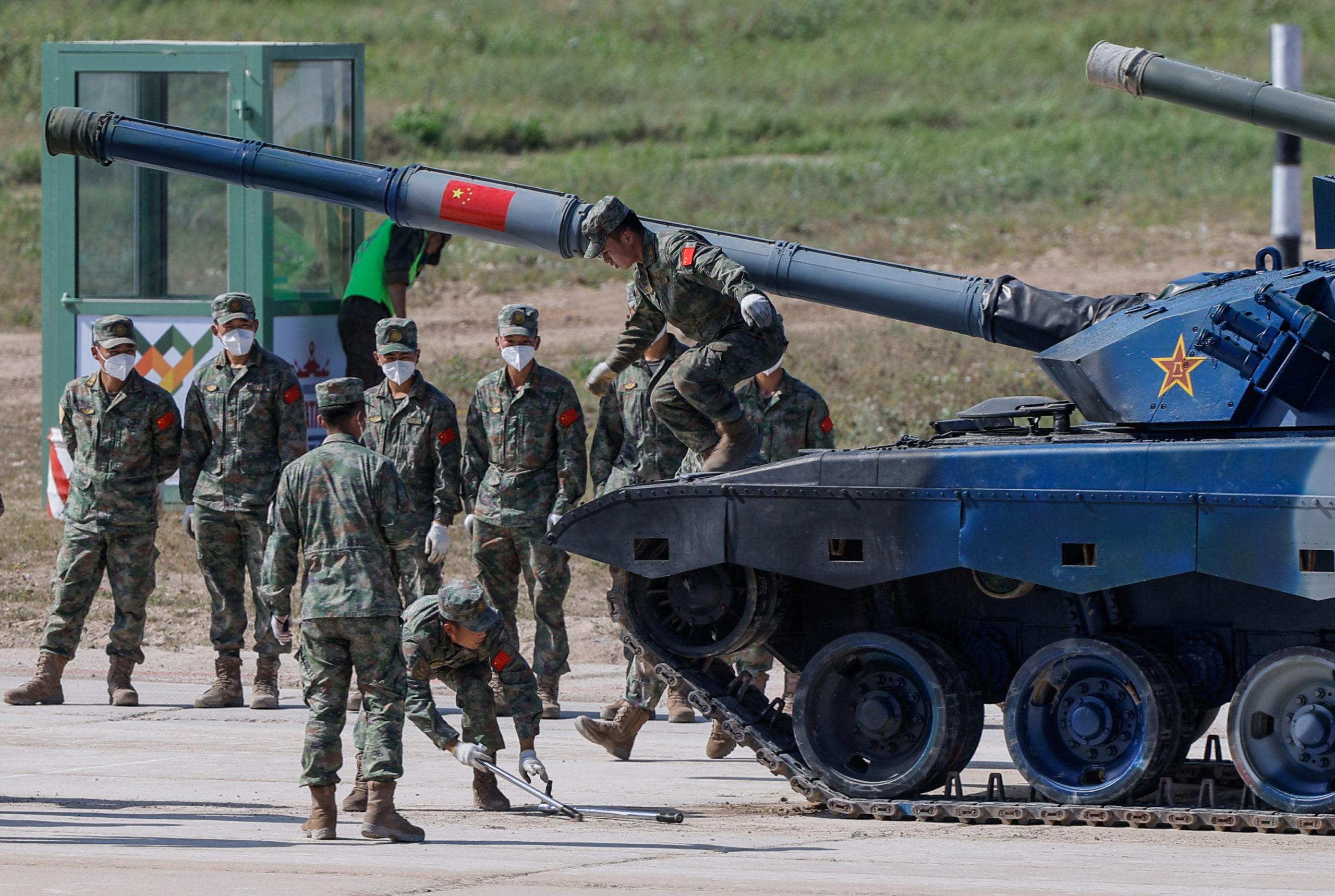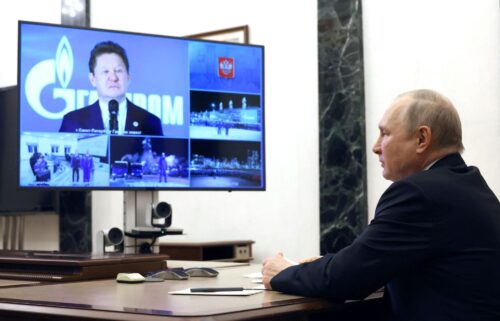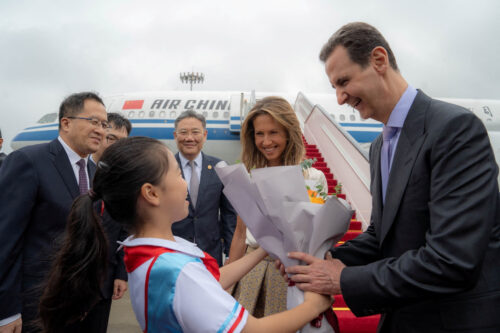China joins scaled-down Russian military exercises
The latest in China-Russia ties: Russia will host scaled-down military exercises on September 1–7 in its Far East region and in the Sea of Japan. The People’s Liberation Army (PLA) has sent ground, air, and naval forces to participate in the exercises.

Russia will host scaled-down military exercises on September 1–7 in its Far East region and in the Sea of Japan. The exercises will include military forces from China, India, Mongolia, several ex-Soviet states, and Syria. Due to the invasion of Ukraine, however, Moscow says that only 50,000 Russian personnel will participate in the Vostok 2022 (Vostok is Russian for “East”) exercises, down from 300,000 personnel in Vostok 2018, at least according to official figures.
The People’s Liberation Army (PLA) has sent ground, air, and naval forces to participate in the exercises, the first time that the PLA has sent three military branches to participate in a single Russian drill, according to the Global Times. The formal inclusion of People’s Liberation Army (Navy), or PLA(N), vessels in the Vostok exercises is new and noteworthy. In the Vostok 2018 exercises, an apparently uninvited Chinese spy ship, a Dongdiao-class auxiliary general intelligence (AGI) vessel, shadowed Russian naval forces for the duration of the maritime exercises. Four years later, Chinese naval vessels are not shadowing the maritime exercises — they are formal participants.
Moscow almost certainly exaggerated the number of personnel involved in Vostok 2018, and appears likely to do so again. Some experts on the Russian military believe that the true number of Russian military participants in Vostok 2022 will total only 10,000–15,000, as the Russian military is channeling all available military capacity to Ukraine.
India will join the exercises but will refrain from the maritime drills, reportedly due to Japanese sensitivities over the exercise’s location near the disputed Northern Islands, also called the Southern Kurils by Russia. India and Japan will also hold their second “2+2” meeting of defense and foreign ministers in Tokyo on September 8, a day after the Vostok exercises conclude.
Chinese state media assisting the Kremlin’s information campaigns in Europe and Africa
PRC state media outlets continue to blame the West — particularly the United States and, to a lesser degree, NATO — for the invasion of Ukraine. In an August 25 op-ed titled “Six months on, U.S. adds fuel to Ukraine crisis with $3b aid as world order alters, West hegemony weakens,” the Chinese Communist Party’s house newspaper, the People’s Daily, claimed that “the conflict…was fundamentally caused by NATO’s expansionism and the U.S. strategy to contain Russia with increasing military deployments in Europe and instigate color revolutions in Russia’s neighbors.” The article also attempted to drive a wedge in the Western alliance by stating that “Russia, Ukraine, and the EU are all losing in different aspects, but the U.S., especially U.S. arm dealers and military industrial giants, are the absolute winners, as they have successfully ruined the peace and stability in Europe.”
The People’s Daily’s insistence that the U.S. is benefiting from the conflict is eyebrow-raising. One U.S. Federal Reserve study estimated that the invasion of Ukraine would reduce world GDP by 1.5% while increasing inflation by 1.3%, in the absence of a no-war counterfactual. While much of the war’s economic damages have been incurred by the European Union, the United States has not been spared from its economic consequences, as the two economies are deeply intertwined. The EU and the U.S. conducted nearly $1.1 trillion USD in total goods and services trade in 2021.
Chinese state media is also attempting to indirectly bolster the Kremlin in Africa by criticizing the West. In an August 30 article titled “Western leaders shun African counterparts on climate meeting, dodge moral obligation and hamper global cooperation,” the People’s Daily criticized the West for re-introducing coal into the electricity mix, failing to meet capital financing targets, and deprioritizing the Global Centre on Adaptation at the September 5 climate meeting.
For its part, the United States’ official Strategy Towards Sub-Saharan Africa, released in early August, said that the PRC sought to use the region to “advance its own narrow commercial and geopolitical interests, undermine transparency and openness, and weaken U.S. relations with African peoples and governments.” The document also criticized Moscow for “fomenting instability for strategic and financial benefit” and “using its security and economic ties, as well as disinformation, to undercut Africans’ principled opposition to Russia’s further invasion of Ukraine.”






